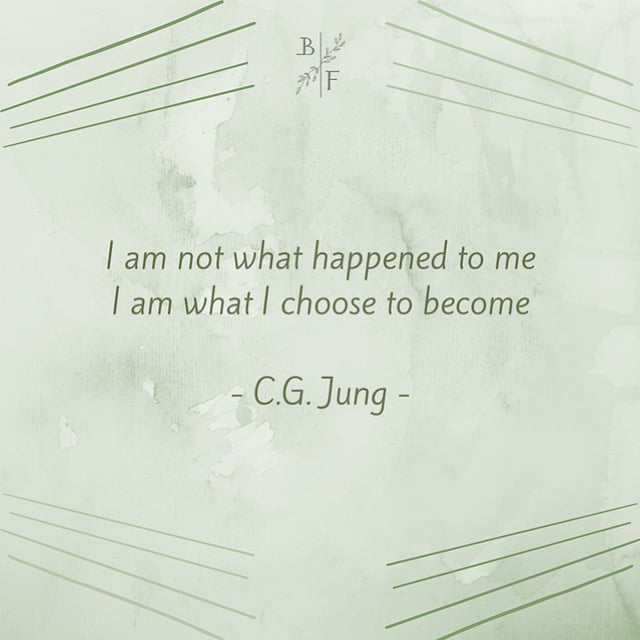“I saw my life branching out before me like the green fig tree in the story. From the tip of every branch, like a fat purple fig, a wonderful future beckoned and winked. One fig was a husband and a happy home and children, and another fig was a famous poet and another fig was a brilliant professor, and another fig was Ee Gee, the amazing editor, and another fig was Europe and Africa and South America, and another fig was Constantin and Socrates and Attila and a pack of other lovers with queer names and offbeat professions, and another fig was an Olympic lady crew champion, and beyond and above these figs were many more figs I couldn’t quite make out. I saw myself sitting in the crotch of this fig tree, starving to death, just because I couldn’t make up my mind which of the figs I would choose. I wanted each and every one of them, but choosing one meant losing all the rest, and, as I sat there, unable to decide, the figs began to wrinkle and go black, and, one by one, they plopped to the ground at my feet.”
Sylvia Plath, The Bell Jar
The Midnight Library [Book]
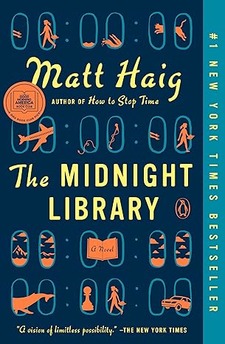
Book Overview: Somewhere out beyond the edge of the universe there is a library that contains an infinite number of books, each one the story of another reality. One tells the story of your life as it is, along with another book for the other life you could have lived if you had made a different choice at any point in your life. While we all wonder how our lives might have been, what if you had the chance to go to the library and see for yourself? Would any of these other lives truly be better? In The Midnight Library, Matt Haig’s enchanting blockbuster novel, Nora Seed finds herself faced with this decision. Faced with the possibility of changing her life for a new one, following a different career, undoing old breakups, realizing her dreams of becoming a glaciologist; she must search within herself as she travels through the Midnight Library to decide what is truly fulfilling in life, and what makes it worth living in the first place.
“I had always known logically that I could choose not to study law. But emotionally it had never been an option. That’s when I realized that in sacrificing my power to choose I had made a choice—a bad one. By refusing to choose ‘not law school,’ I had chosen law school—not because I actually or actively wanted to be there, but by default. I think that’s when I first realized that when we surrender our ability to choose, something or someone else will step in to choose for us.”
Greg McKeown, Essentialism (Page 34)
“There’s so much messaging today about how you always have to be yourself and trust your feelings. But I tell people, ‘be un-you.’ Like what is the opposite of what you feel like doing right now? Or who is someone you really admire—what would they do in this moment? And I actually think that can get us closer to the versions of ourselves that we would like to be…Separating oneself from one’s impulse, taking a healthy step back and gaining some distance between what you feel like doing and what’s actually going to help you—you’ll make a better choice.”
Dr. Samantha Boardman
7 Choices That Increase The Power Of Our Shadow [Excerpt]
Excerpt: We all have a shadow inside. And if we’re not careful, our choices can fuel its power. Here are seven choices to avoid making if you want to minimize your shadow’s power over you.
Read More »7 Choices That Increase The Power Of Our Shadow [Excerpt]
“You are not your work. Your work is a series of choices made with generous intent to cause something to happen. We can always learn to make better choices.”
Seth Godin, The Practice (Page 181)
“Flying across the country is safer than driving. If your goal is to get to Reno, the safest choice is to fly there, not to drive. And if you know of someone who dies in a plane crash on the way to Reno, they didn’t make a bad decision when they chose to fly. There was certainly a bad outcome, though. Decisions are good even if the outcomes aren’t.”
Seth Godin, The Practice (Page 26)
“You are not your body and hair-style, but your capacity for choosing well. If your choices are beautiful, so too will you be.”
Epictetus, Discourses, via The Daily Stoic (Page 87)
“The accident would always make me think of the Apache women, and of all the decisions that go into making a life—the choices people make, together and on their own, that combine to produce any single event. Grains of sand, incalculable, pressing into sediment, then rock.”
Tara Westover, Educated (Page 40)
“In all circumstances—adversity or advantage—we really have just one thing we need to do: focus on what is in our control as opposed to what is not. Right now we might be laid low with struggles, whereas just a few years ago we might have lived high on the hog, and in just a few days we might be doing so well that success is actually a burden. One thing will stay constant: our freedom of choice—both in the big picture and the small picture. Ultimately, this is clarity.”
Ryan Holiday, The Daily Stoic (Page 27)
John C. Maxwell Quote on Birthdays and What Each Passing Year Can Mark In A Person’s Life
“Now more than ever I am aware that a person’s significant birthdays can either mark the passage of time, or they can mark changes they’ve made in their lives to reach their potential and become the person they were created to be.”
John C. Maxwell, Leadership Gold
Beyond the Quote (233/365)
As I sit and reflect on completing my first full year of my thirties, the saying that keeps coming to the forefront of my mind that I would say has guided me more than any other saying in this past year has been: Control what you can control, let go of what you can’t, and take what time is needed to understand where all things in your life fall. Without this expression in my mind, 30 would have turned out completely different for me.
Read More »John C. Maxwell Quote on Birthdays and What Each Passing Year Can Mark In A Person’s LifeJames Clear Quote on Decisions and How Understanding If One Is Reversible Or Not Can Help You Decide
“If a decision is reversible, the biggest risk is moving too slow. If a decision is irreversible, the biggest risk is moving too fast.”
James Clear, Blog
Beyond the Quote (212/365)
Let’s start by figuring out which types of decisions are which. Not going to college, for example, is a decision that can easily be reversed. You can always go back to college at a later point in time. Going to college and getting a degree in something that you aren’t passionate about or uninterested in pursuing is a decision that is irreversible. Quickly committing to college when you’re unsure, undecided, or confused about your path is a big risk. Especially if the college you’re committing quickly to has a high tuition cost.
Read More »James Clear Quote on Decisions and How Understanding If One Is Reversible Or Not Can Help You Decide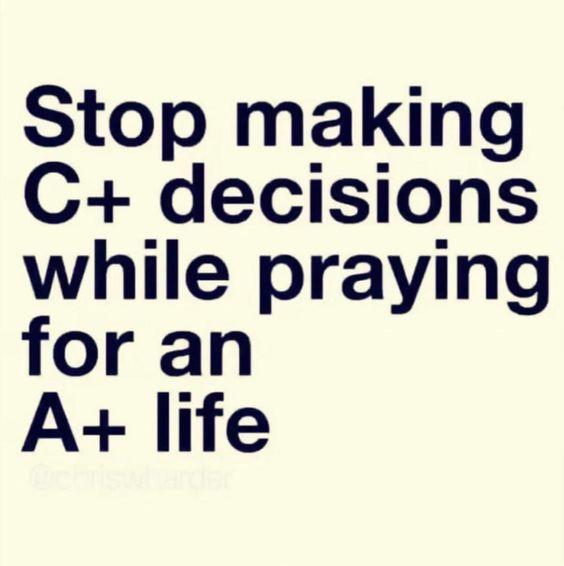
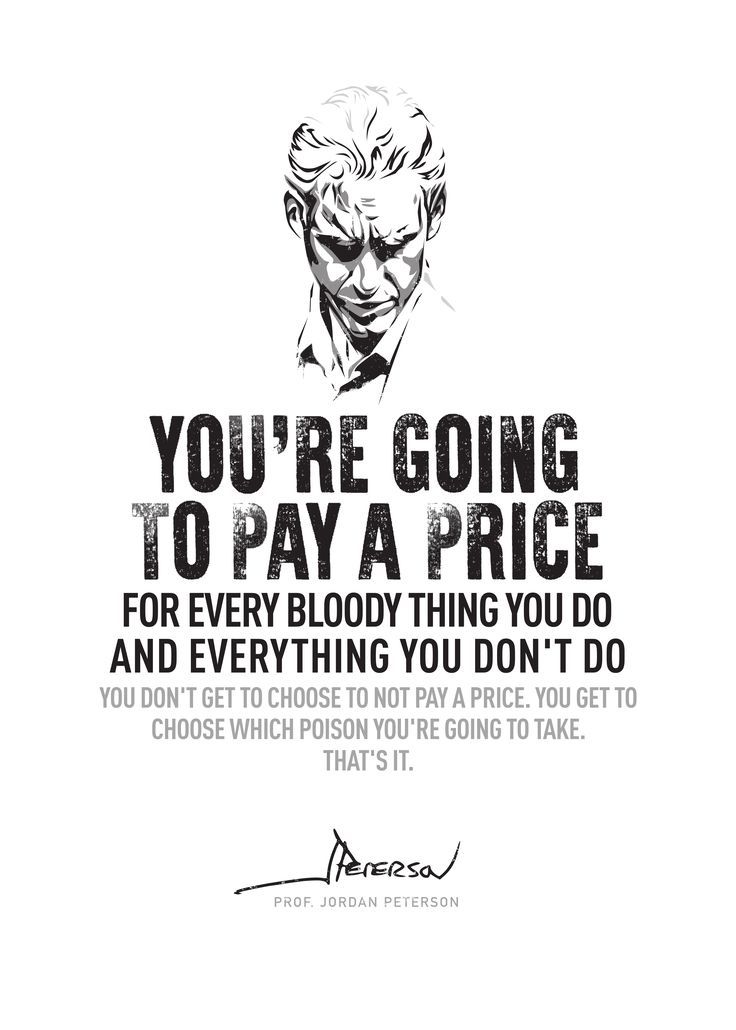
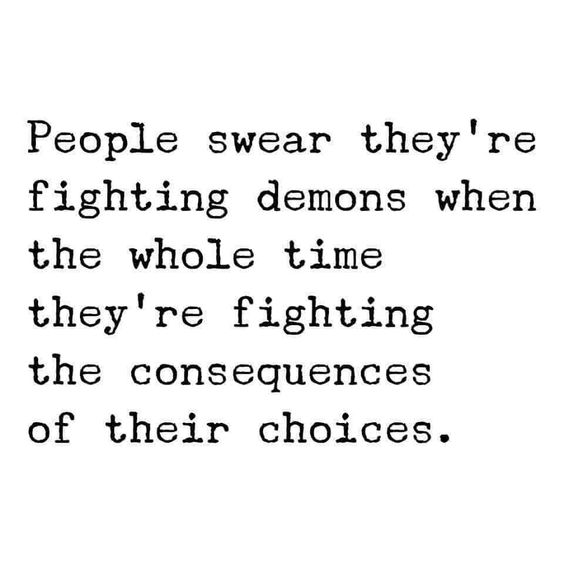
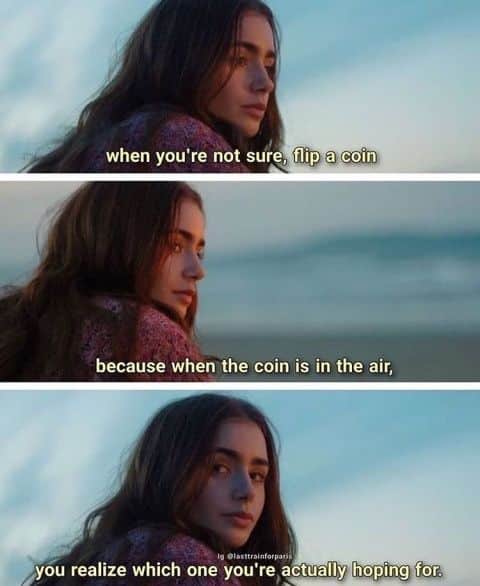
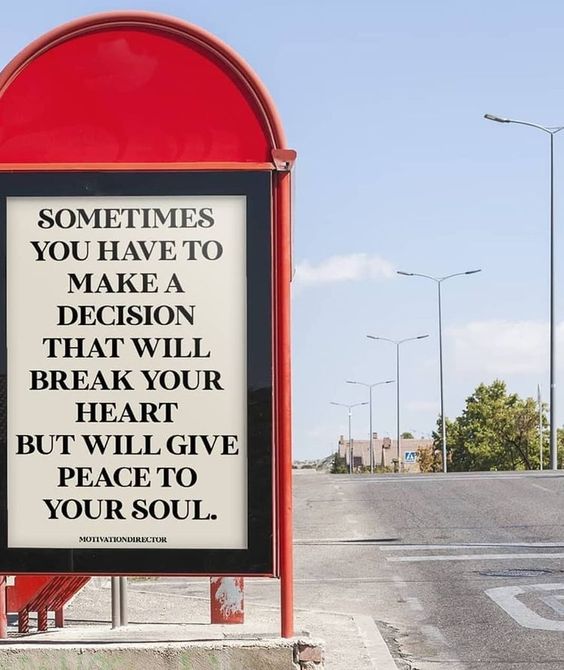
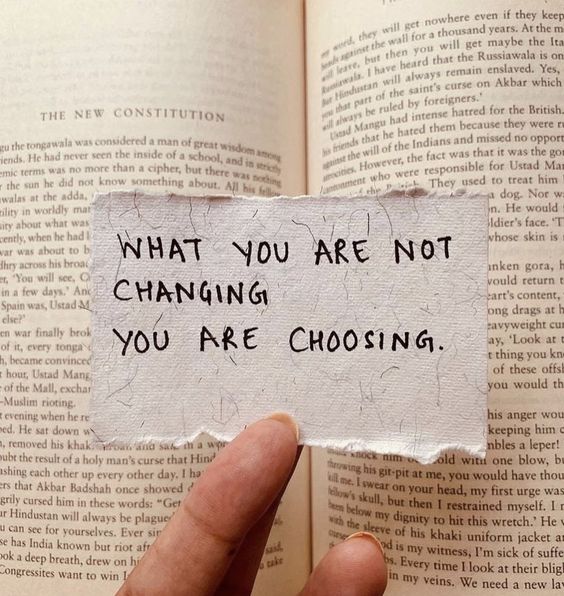
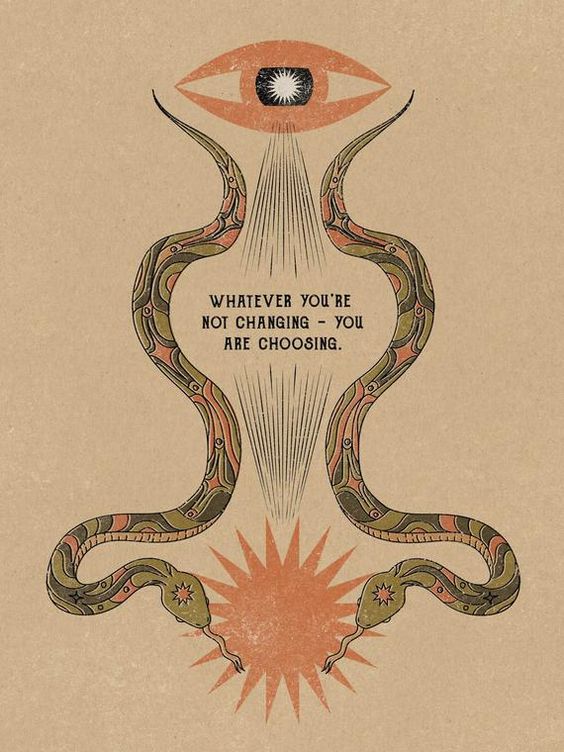
![7 Choices That Increase The Power Of Our Shadow [Excerpt]](https://movemequotes.com/wp-content/uploads/2021/05/IMG_1599-930x620.jpg)
